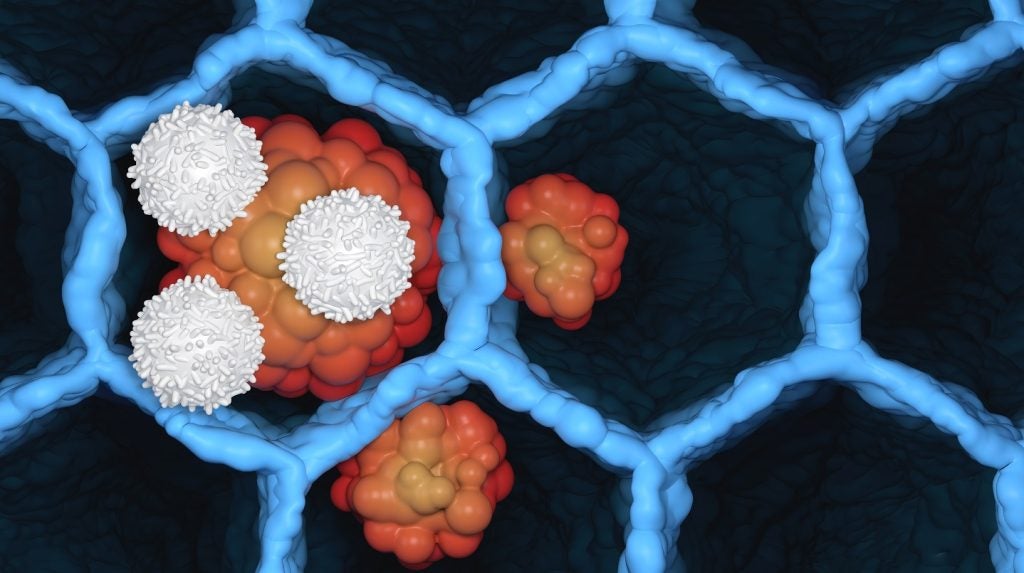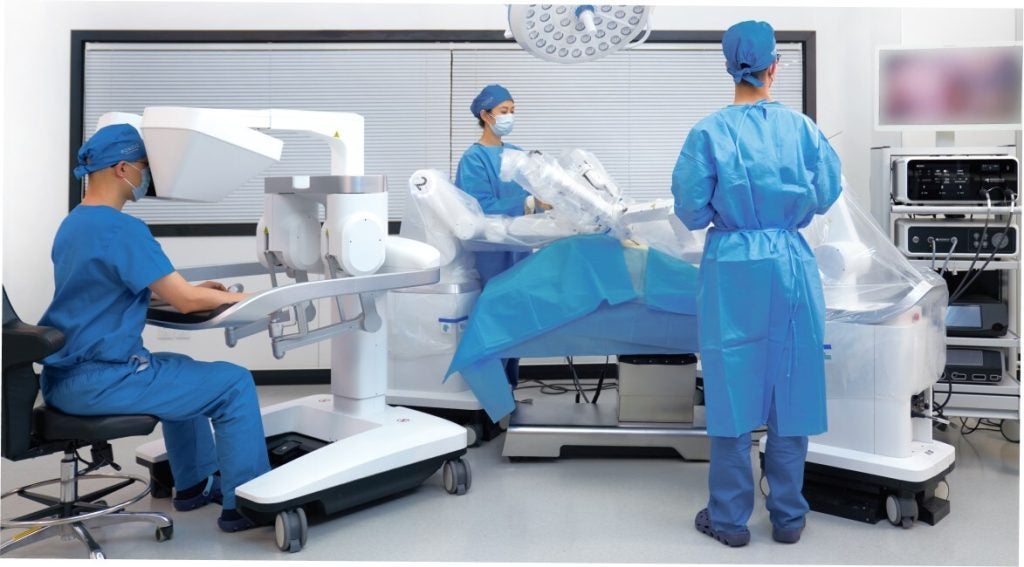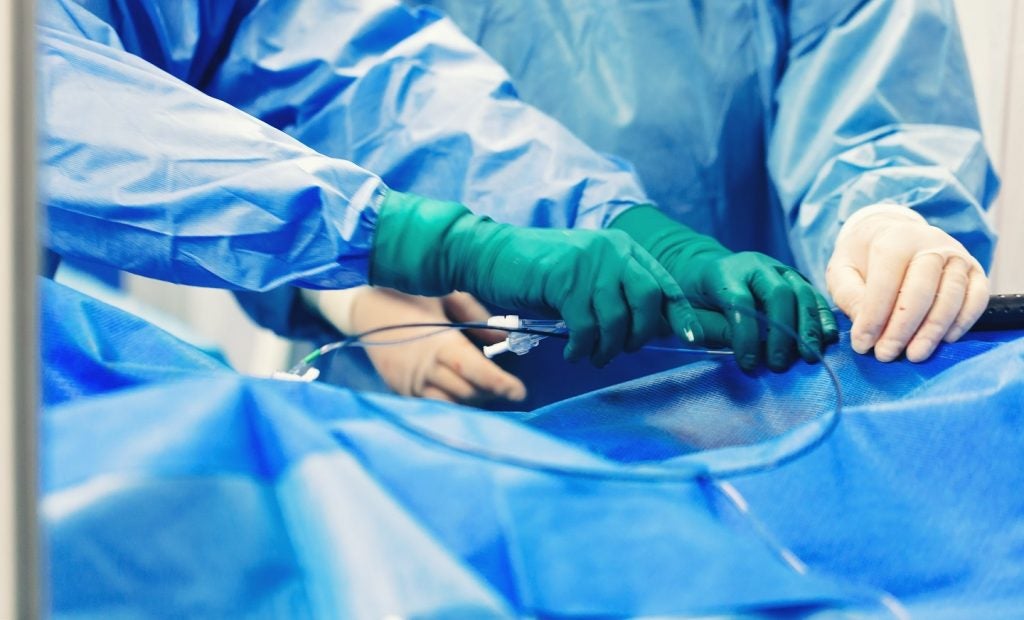The Fred Hutchinson Cancer Center's Translational Science & Therapeutics Division professor, Dr Matthias Stephan, has developed a biomaterial-based scaffold device to enhance cancer immunotherapy.
Said to be cost-effective, the patch can be placed directly on a tumor site, recruits immune cells and instructs them to attack cancer cells throughout the body.
The 21mm-diameter scaffold, made from biocompatible collagen, is surgically attached above the tumour.
It employs a chemoattractant to draw T lymphocyte immune cells into its structure, where they are genetically engineered to target cancer cells. This approach has shown success in treating breast cancer in mice.
Stephan's team coated the scaffold with a chemoattractant, CCL21, and anti-CD28 and anti-CD3 antibodies to activate T cells.
The lentivirus in the device also facilitates the genetic modification of these cells to express a tumour-targeting chimeric antigen receptor (CAR). The trained T cells then leave the scaffold to seek and destroy cancer cells.
In a mouse model, the device trained T cells to recognise and migrate towards ROR1+ MDA-MB-468 tumour cells.
These engineered cells could also locate and eliminate cancer cells in other body parts.
Comparative studies in mice with breast cancer showed that while CAR T cell infusion offered some benefits, the biomaterial-based scaffold approach was significantly more effective.
Tumors shrank by approximately 60%, and all mice treated with the scaffold survived beyond the 50-day study period.
Stephan said: “Ultimately, our goal is to develop this scaffolding technology into a clinical device able to provide surgeons with a comparably low-cost and effective option to treat tumors that now can only be managed palliatively, such as pancreatic cancer, brain tumours, aggressive thyroid cancer or late-stage ovarian cancer.
“These implants could greatly expand the therapeutic index of T-cell therapies.”
The researchers believe that this technology could be further enhanced by training different immune cell types, potentially leading to improved anti-tumour outcomes.















